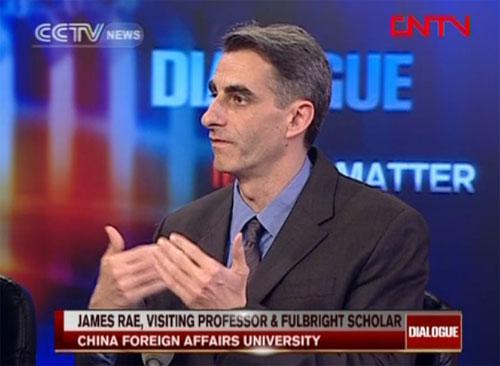I finally made my long awaited inaugural journey to China’s ‘New Frontier’, Xinjiang, China’s ‘wild’ west. I gave two lectures at Xinjiang Normal University in Urumqi before spending three days in Kashgar for touring. I greatly enjoyed the experience at many levels.
In Urumqi, the city has become perhaps slightly majority Han people, with dozens of other nationalities, most prominent the indigenous Uyghurs (a Turkic people), along with other minorities. In 2009, ethnic violence punctuated the growing tensions between the two main groups and led to a government blackout of the internet and even phone usage. Unease remains. Nevertheless, I enjoyed a quick jaunt to the bazaar and bought some very interesting handmade wooden bowls. I was joined by Fulbright Professor Harry Williams, who went further and purchased a rug. Sadly, I would later discover that carpet was not handmade, as we’d been led to believe, after a tour to a carpet factory. Sorry Harry L. My lecture was met with some hostility, as one student read in English a diatribe against the voluntary survey regarding identity in China that I distribute at my lectures. This was one of the more harsh reactions, and when her comments were translated into Chinese, about half of the lecture hall joined in applause to condemn the ‘splittist’ foreign lecture, yours truly. It was slightly nerve-wracking, and my surveys were later confiscated by the university, despite my attempts to retrieve them.
Afterward, we flew to Kashgar far to the south near the Pakistan and Tajikistan borders. It is a predominantly Uyghur community, with numerous Tajiks and Kazakhs as well as Han people. The security situation was very strict. Riot-geared PLA troops in platoons of 8 brandishing machine-gun, baton, and shield, patrolled the city, while police officers stopped ethnic minorities (mostly Uyghurs) to check their national id card and question their comings and goings. One Uyghur asked why they let me pass (I can pass for Uyghur), but I was not detained. Reportedly, several Han people were killed in the past three months by Uyghurs that precipitated this latest round of increased surveillance. I don’t doubt the occurrence, though the circumstances were never explained (fellow mafia perhaps?). Like the rest of China, the quaint old neighborhoods are going down and the cement warrens are going up to replace them. Just as the demise of the Beijing hutong is lamentable, the bulldozing of 400+ year old homes and communities promises to end the tourism industry in the city. The remaining patches of earthen homes were quite dramatic and beautiful, and still populated in places. Meanwhile, the baked bread and grilled lamb leave a sumptuous aroma across the city. The vinegar fresh salads were delectable, and the homemade almond honey and pastries were delightful. The skies were blue, the air was clean, and the city was manageable walking; a rare treat.
We took a tour up to Karakul Lake and through the sheer mountain passes, with ice-capped peaks, and tranquil tundra lakes and sweeping deserts. We followed part of the Silk Road, and the path that the Buddhist monk Xuan Zang followed in his Journey to the West aided by the loveable and mischievous Mei Hou Wang (the Monkey King) to collect the latest sutras and scriptures to introduce into China in the Tang dynasty. It was a great experience, even if we were delayed while a crane unsuccessfully attempted to hoist a fallen truck from a deep gorge. Supposedly the driver had stopped in the night for a smoke along the precipice, and the truck slid off the edge to its calamitous crashing smashing end. He was reputedly unharmed. But it was a great spot at the ends of the earth to contemplate the meeting of cultures for millennia. The university in Urumqi did notify me that Kashgar was off limits for foreigners and threatened to report “my case” to the university, i.e. the government. In the end, I think their greatest worry was my safety in China’s wild west, and when I confirmed how joyous my experience was and that I was boarding a plane back to Beijing, they changed their tune and all seemed right in the world again. Except for the people left behind.


